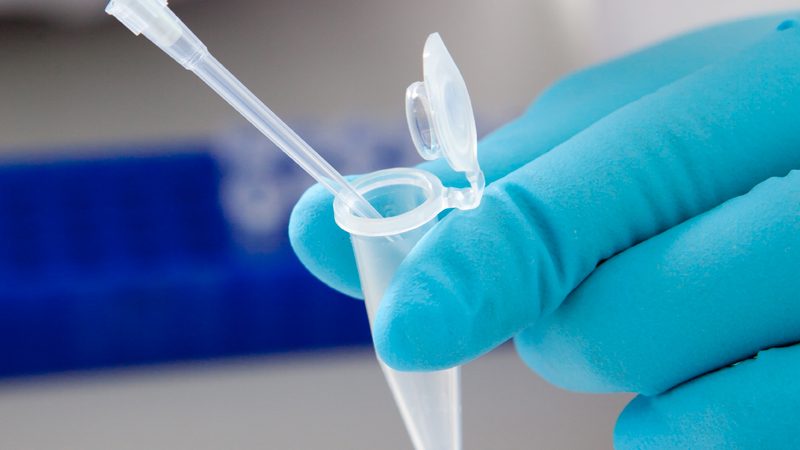Pathology is the study of the causes and effects of disease or injury. The word pathology also refers to the study of disease in general, incorporating a wide range of bioscience research fields and medical practices. Our Laboratory is equipped with the latest automated analyzers installed to ensure accuracy, precision and reproducible and reliable results within the shortest turn-around-time. Our range of examinations include tests in Clinical Chemistry, Microbiology, Cytology/Histology, Hematology, Serology, Immunochemistry and Molecular Biology

CLINICAL CHEMISTRY
Clinical chemistry is the area of chemistry that is generally concerned with analysis of bodily fluids for diagnostic and therapeutic purposes. It provides support to the clinician and doctors in diagnosing disease and monitoring treatment and assists the clinician in the diagnosis and definition of disease with biochemical etiology and/or secondary biochemical manifestations. Tests we conduct include detection and analysis of: Electrolytes, Renal (Kidney) Function Tests, Liver Function Tests, Lipid Profile, Cardiac Markers and several others.

HEMATOLOGY
Hematology is the branch of
medicine concerned with the study of the cause, prognosis, treatment, and prevention of diseases related to
blood. It involves treating diseases that affect the production of blood and its components, such as
blood cells,
hemoglobin,
blood proteins,
bone marrow,
platelets,
blood vessels,
spleen, and the mechanism of
coagulation. Some of the tests we offer include: Complete Blood Count, Blood Clotting (INR) Test, ESR ,Ferritin and several others.

MICROBIOLOGY
Microbiology is the study of microscopic organisms, such as bacteria, viruses, , fungi and protozoa. It includes fundamental research on the biochemistry, physiology, cell biology, ecology, evolution and clinical aspects of microorganisms, including the host response to these agents. Our range of tests includes: Urine Microscopy, Culture & Sensitivity, Stool Microscopy, Culture & Sensitivity, Occult blood, Blood Culture & Sensitivity, Widal Reaction XDRL, Rheumatoid factor and many more.

SEROLOGY
Serology is the scientific study of serum and other bodily fluids. It refers to the diagnostic identification of antibodies in the serum. Such antibodies are typically formed in response to an infection, against other foreign proteins, or to one’s own proteins Some of the tests we offer include: Blood grouping (ABO & RH), Antibody Titration, Combo’s tests, Anti A/B Hemolysin Test, Syphilis, Tuberculosis, Amebiasis, Anthrax, Brucellosis, Human immunodeficiency virus (HIV), Measles, Rubella, RSV, Tularemia, Viral hepatitis (various types), Fungal arthritis, Meningitis, cryptococcal Meningitis, H. influenza Meningitis, meningococcal.

IMMUNOCHEMISTRY
Immunochemistry involves the study of the molecular mechanisms underlying the function of the immune to measure the levels of various hormones in a patient’s body in order to determine if the endocrine glands are functioning properly and to determine the cause of an endocrinological problem. Some of the common endocrinology tests we conduct include: Diabetes tests, Pituitary Hormone tests, Thyroid Function Tests, Glucose Tolerance Tests, Luteinizing Hormone and Follicle Stimulating Hormones Test, Prolactin, Testosterone, progesterone and many more.

HISTOLOGY AND CYTOLOGY
Histology is simply the study of body tissues under the microscope, often enhanced by applying histological stains. Cytology is like the histology, but the focus is on the Cells with focus on the structure, function and chemistry of the cells under examination. Tests we offer include: Biopsies (prostrate, cervix, and others), HPV testing and several others.







